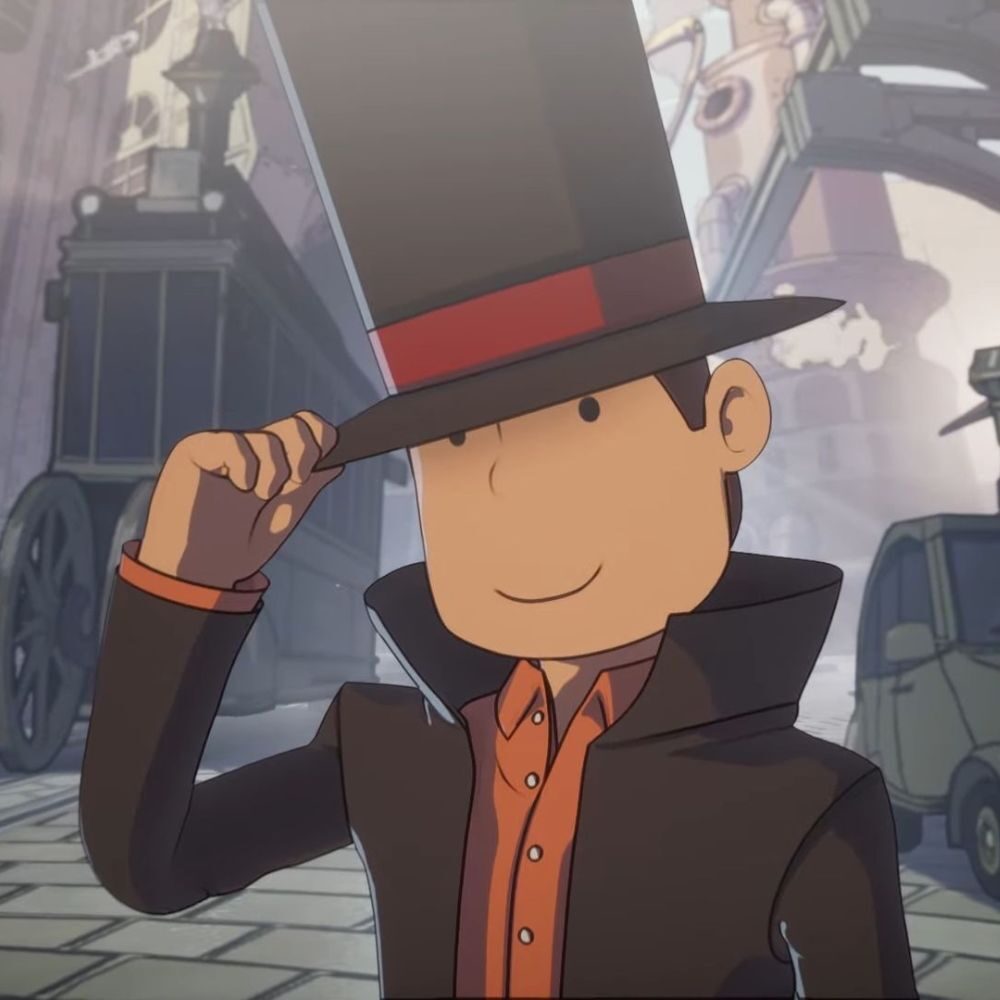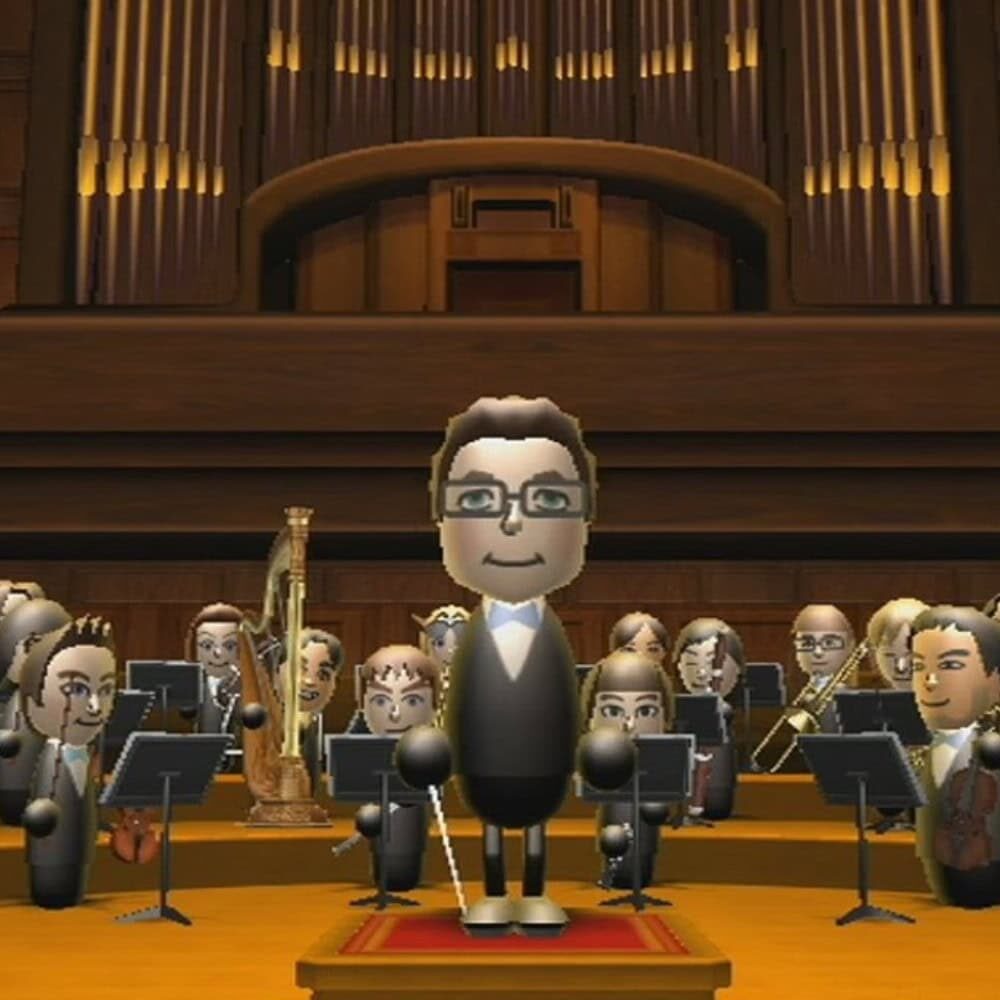
How Gaming is Reviving Classical Music
From RPG adventures to orchestral soundtracks, gaming has become a surprise vehicle for classical music lovers.
When you think of gaming soundtracks, you might recall nostalgic 8-bit melodies, thumping EDM, or symphonic scores backing epic fantasy scenes. But today, there’s a quieter, unexpected phenomenon happening in the gaming world—players are rediscovering classical music, and it’s not just in the background anymore. From rhythm games to grand story arcs, the symphonies of Beethoven, Mozart, and even Wagner are gaining new audiences, turning gaming into an unlikely conduit for introducing players to the world of classical music.
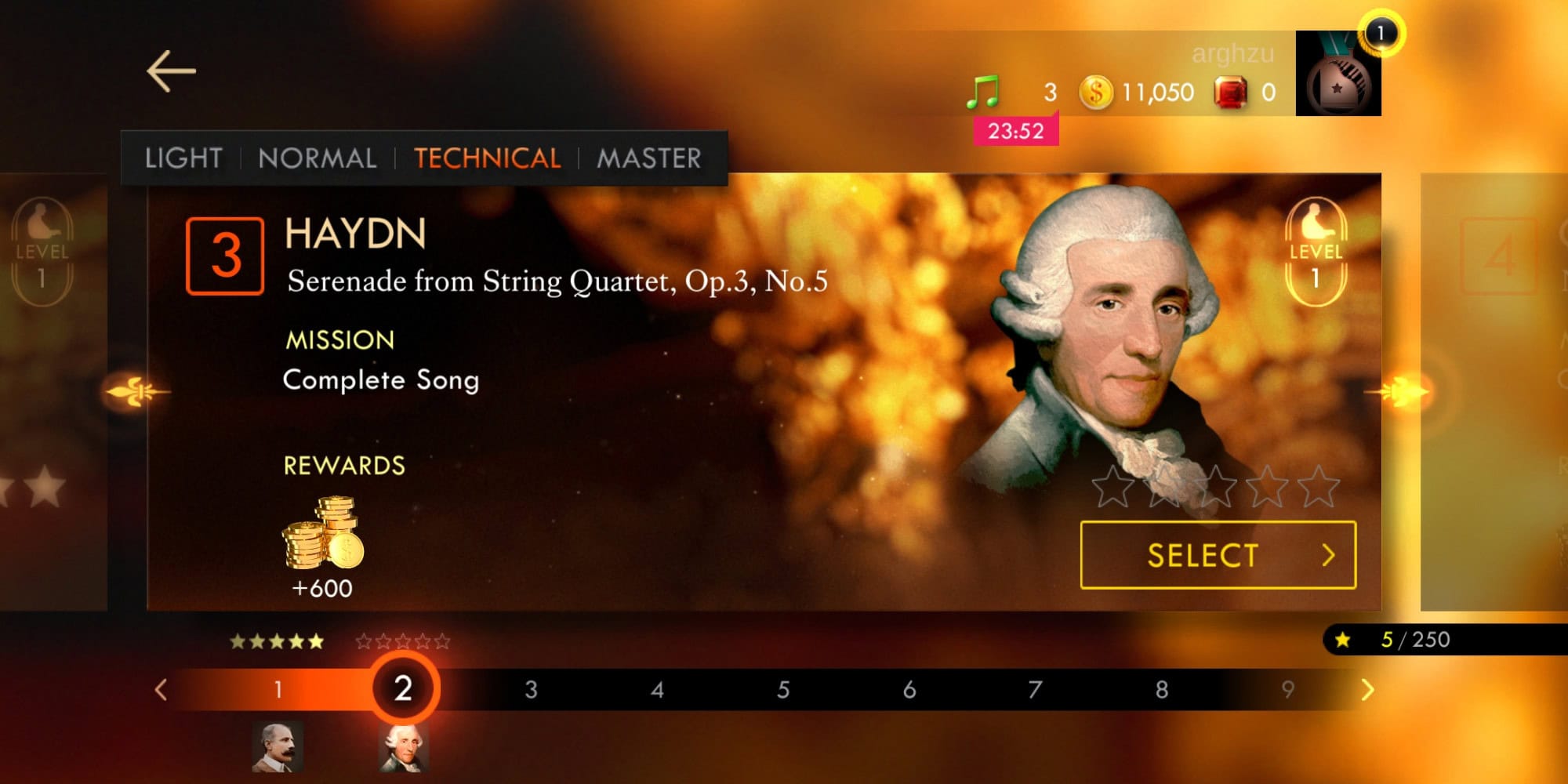
What makes this connection so strong? While games have long used music to set moods and deepen the emotional impact of a scene, in recent years there’s been a noticeable shift. It’s not simply about classical music being “present” in games but about players actively engaging with it, reimagining its importance in a modern context.
Historically, classical music was reserved for the elite—concert halls filled with top-hatted listeners and a culture steeped in tradition. However, gaming has democratised these great works, offering younger audiences access to some of the most famous symphonies ever composed. Today’s soundtracks are no longer just simple accompaniments. They’re immersive, intricately designed elements meant to draw players into an emotional narrative, and developers are increasingly turning to classical music to accomplish that.
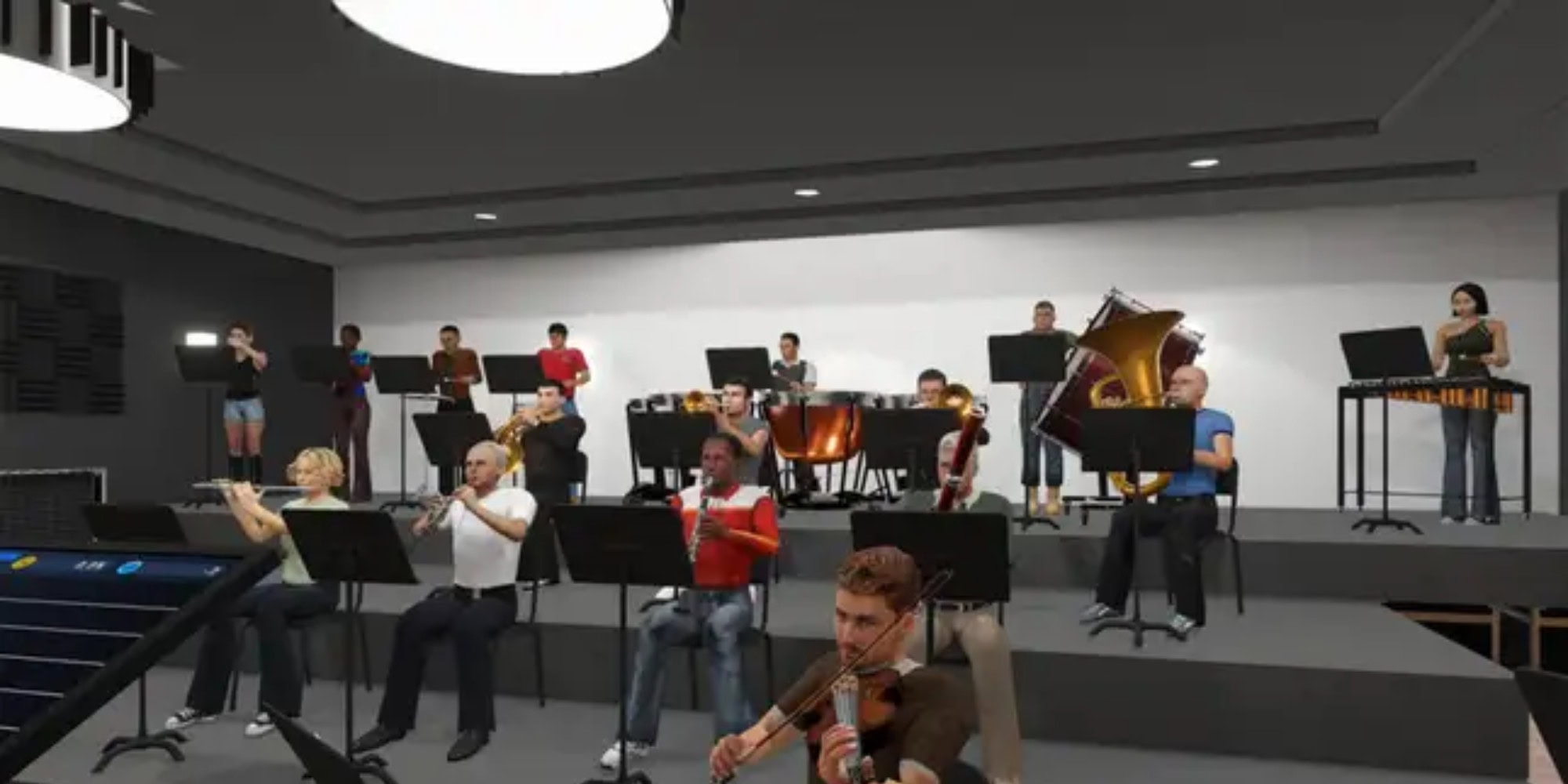
Take, for instance, rhythm games like Maestro that let players conduct their own orchestra. The game’s unique appeal lies in its hands-on interaction, where you control every nuance of the music. Yet, it’s not the only game that has found success with classical scores.
___STEADY_PAYWALL___
The Assassin’s Creed series, for example, has long incorporated classical compositions into its gameplay. Whether in an intense battle scene or a quiet, reflective moment, the use of strings, piano, and operatic voices has deepened the immersive experience. It’s not merely decorative but integral to the fabric of the game’s world. In Assassin’s Creed Odyssey, one particular mission even requires players to track down and collect sheet music, further connecting the dots between gaming and music appreciation. Suddenly, the classical becomes accessible and, more importantly, fun.
Another game, Civilization VI, reintroduces players to classical composers, with its soundtrack including music from figures like Chopin and Tchaikovsky. The game is known for its strategic gameplay, but the use of classical music brings a level of sophistication and a reflective pace that encourages players to think beyond fast reflexes and immediate rewards.
Similarly, Eternal Sonata is a fascinating case where the game’s entire narrative revolves around the composer Frederic Chopin. The game, while fictional, immerses players in a world where Chopin’s music is not only heard but felt as a part of the story, blurring the lines between a historical figure and the emotional experiences of the characters.
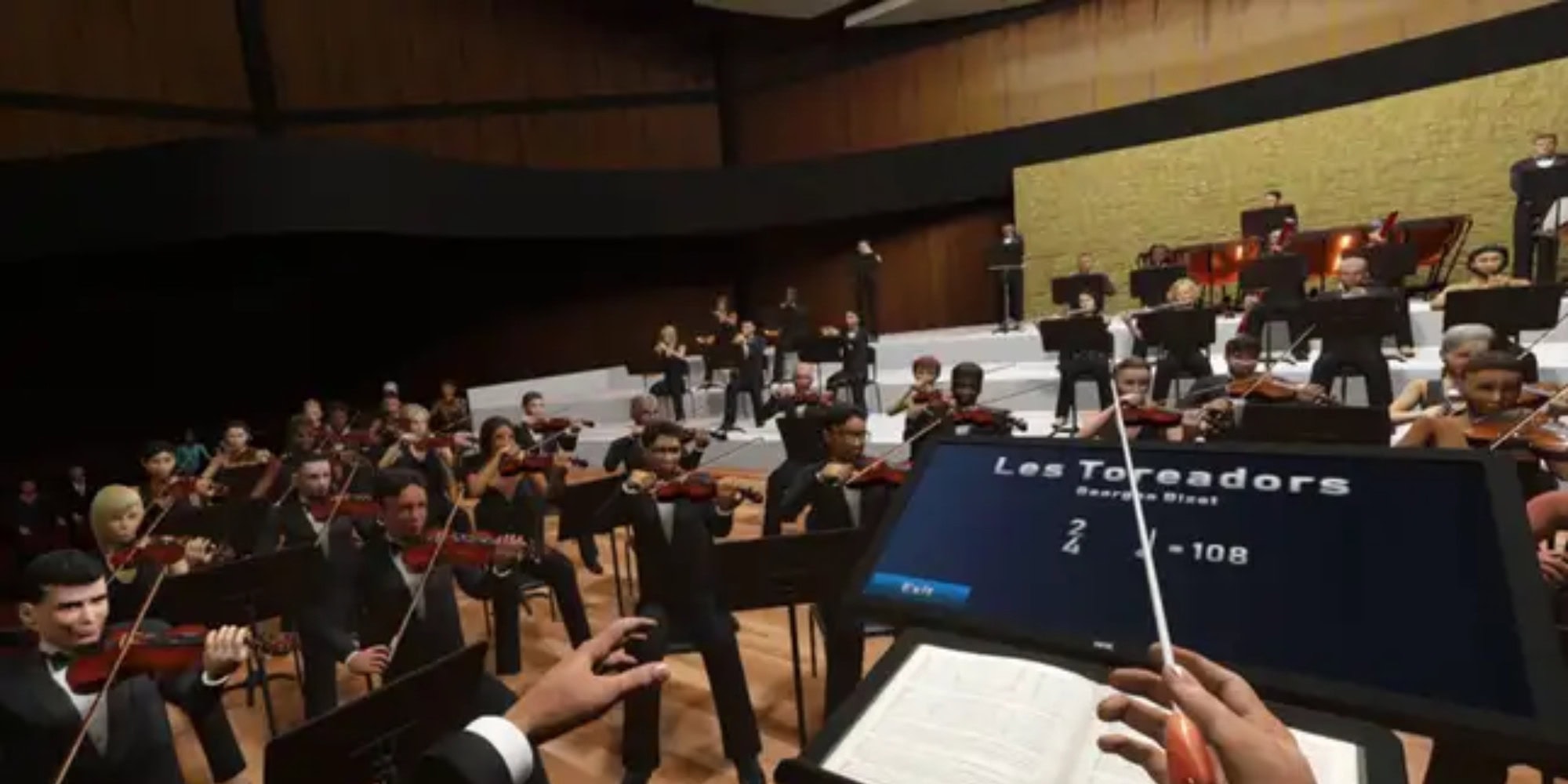
A shift toward integrating classical music into mainstream games points to a greater trend: players, knowingly or not, are being drawn into classical music’s vast emotional spectrum. The great composers of the past might have written for different reasons—royal commissions, grandiose performances, and personal expression—but their music, when paired with the visual storytelling of modern games, resonates with audiences today just as powerfully as it did hundreds of years ago.
What’s more, developers are even beginning to allow players to interact with these compositions in novel ways. In The Legend of Zelda: Breath of the Wild, musical cues help players navigate the world, fight monsters, and solve puzzles, all underscored by minimalist piano compositions. These musical elements, reminiscent of the classical tradition, don’t overwhelm the player but instead provide emotional depth and subtlety that elevate the game’s story.
It’s easy to see why this approach works. Classical music is emotive and cinematic in a way that modern game music sometimes isn’t. While electronic scores create intensity, classical compositions bring drama and beauty, adding layers of meaning to game narratives. Games like Final Fantasy XV have long been lauded for their intricate musical scores, incorporating full orchestras and pieces reminiscent of Rachmaninoff’s sweeping romanticism.
But beyond emotional engagement, there’s also a growing sense of pride among gamers who appreciate these classical elements. Gamers, once stereotyped as tech-obsessed or disinterested in high culture, now find themselves at the intersection of music appreciation and modern entertainment. Final Fantasy fans, for instance, often flock to live orchestral performances of the game’s music, and classical crossover events like Distant Worlds show that there’s a massive appetite for symphonic experiences within gaming culture.
For those unfamiliar with classical music, gaming offers an easy entry point—there’s no need for a tuxedo or a pricey concert ticket. Instead, players are introduced to these works in a setting that feels natural and engaging. Many players go on to listen to the soundtracks outside of the games, downloading classical playlists, and even attending live concerts. Game soundtracks themselves are becoming increasingly respected within the broader music industry, receiving Grammy nominations and performing to sold-out crowds.
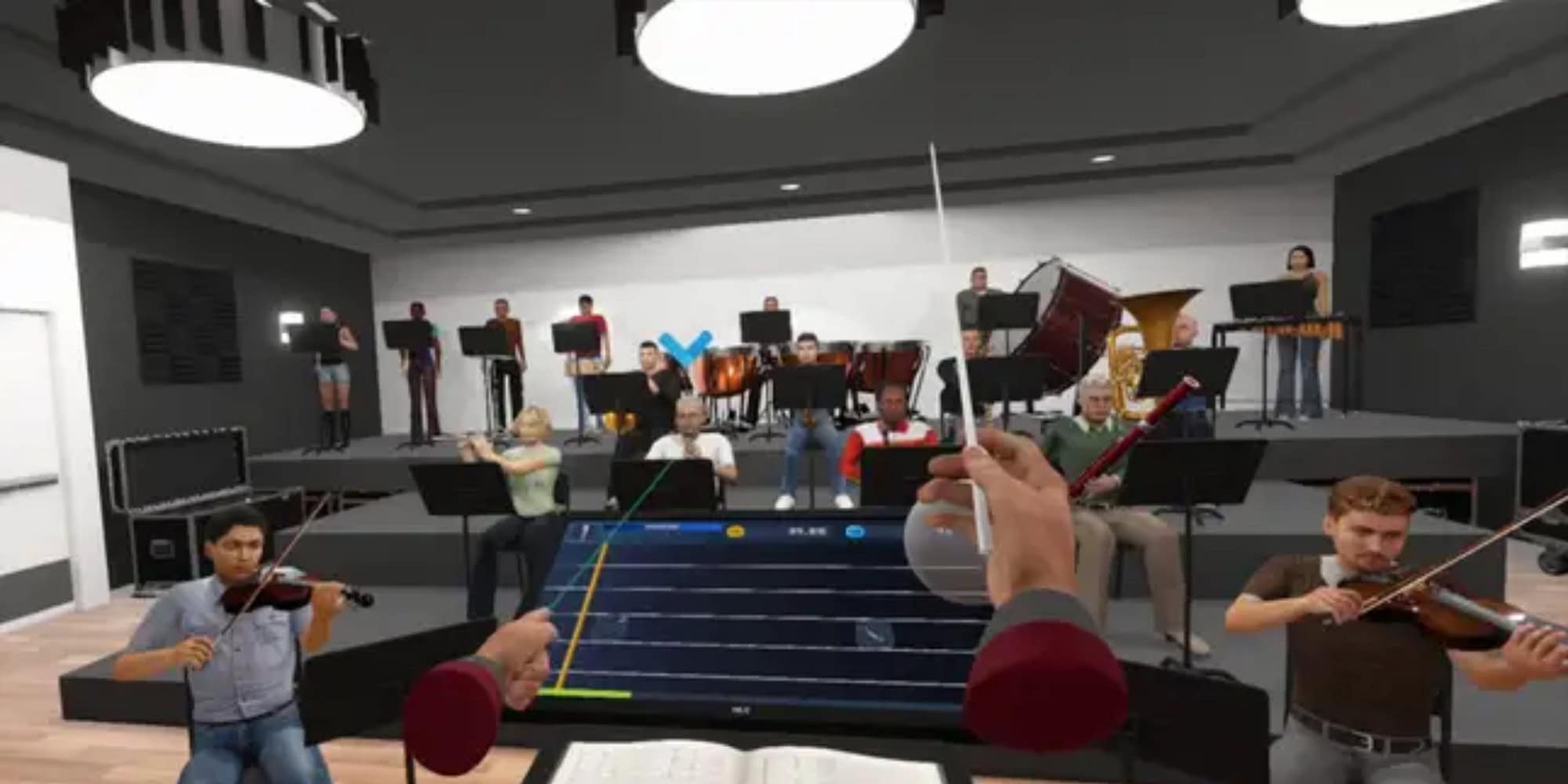
Games like Maestro push this further, creating an interactive space where players aren’t just passive listeners but active participants in the music-making process. By stepping into the conductor’s shoes, gamers gain a new appreciation for the complexity and beauty of orchestral music. Other rhythm games like Deemo and Pianista have also found success in this space, mixing classical compositions with challenging gameplay to develop a following of musically inclined players.
For classical music, this resurgence in gaming might be exactly what it needs to stay relevant to future generations. Instead of viewing it as a relic of the past, gamers experience it firsthand, understanding how much it still resonates today. Gaming has, in many ways, become a new kind of music education—one that teaches through experience rather than instruction.
Whether conducting an orchestra in Maestro or battling to the notes of Tchaikovsky in Civilization, gamers are helping keep classical music alive and vibrant. As virtual reality, rhythm games, and more traditional game narratives continue to evolve, it seems that this unlikely relationship between gaming and classical music will only grow stronger, creating a new generation of listeners who find Beethoven just as thrilling as the latest AAA release.
Enjoyed this story? Support independent gaming and online news by purchasing the latest issue of G.URL. Unlock exclusive content, interviews, and features that celebrate feminine creatives. Get your copy of the physical or digital magazine today!






